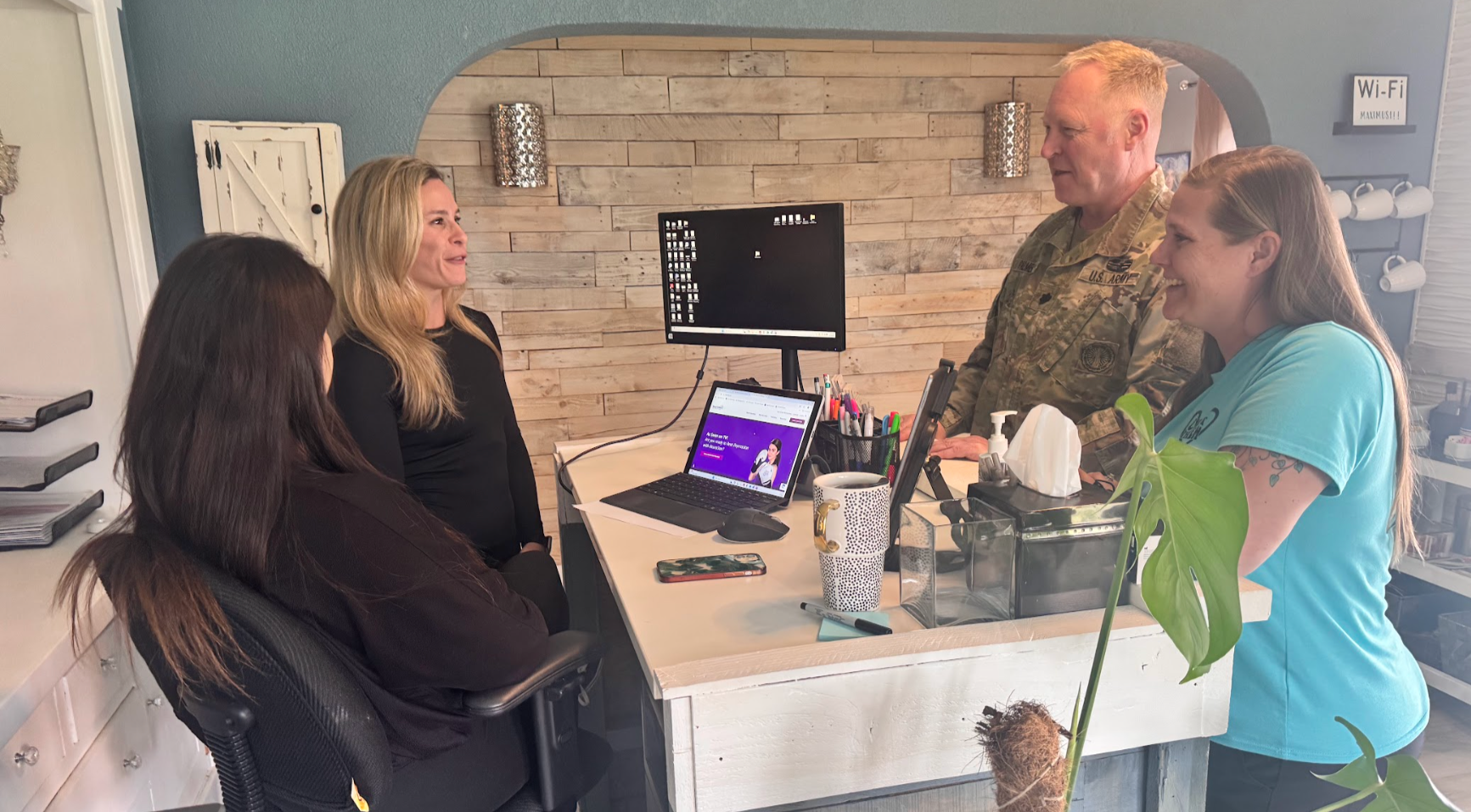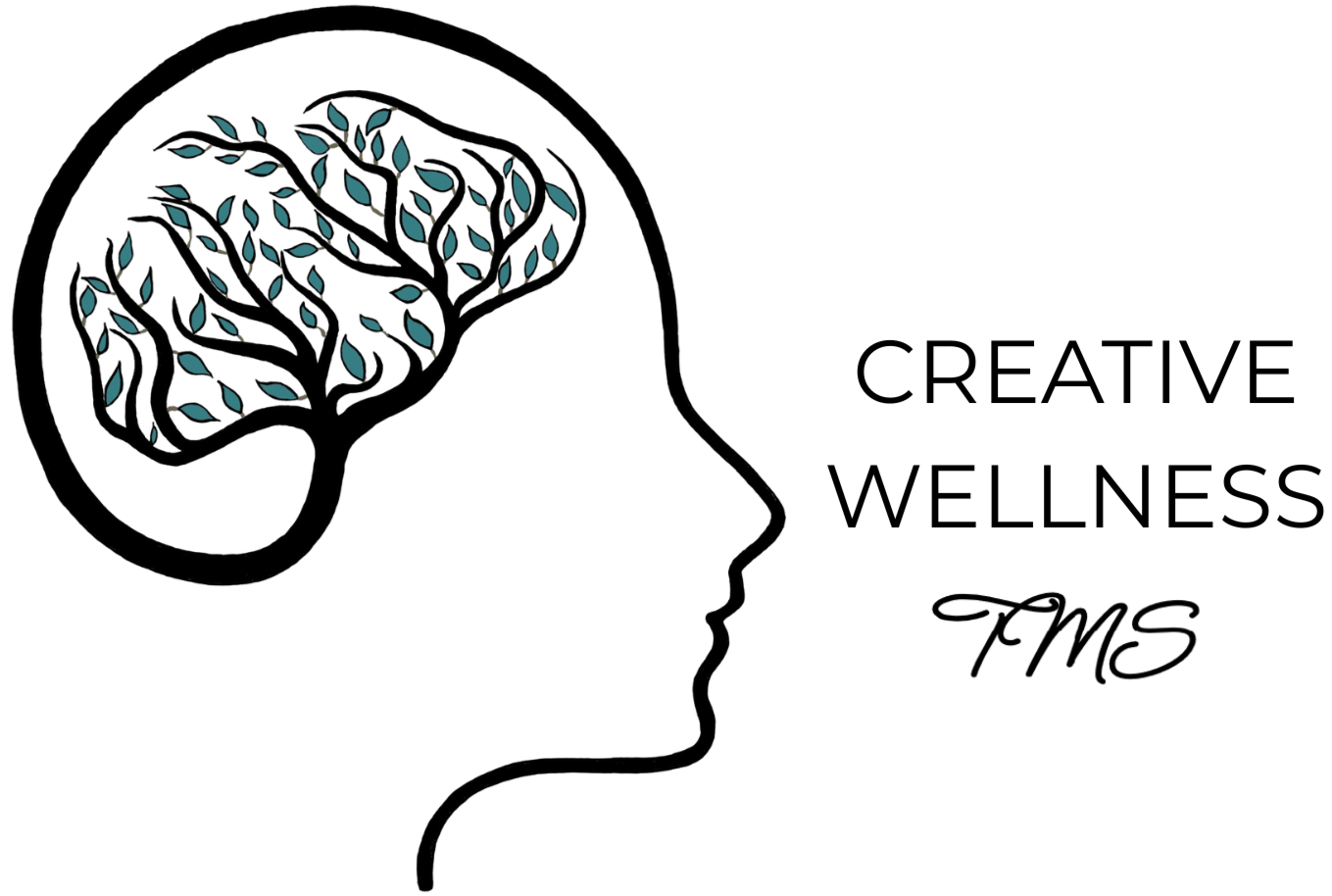How to Support a Teen Struggling with Anxiety or Depression
A Guide for Parents Who Want to Help Their Child Feel Safe, Supported, and Understood
Adolescence is a time of major change - emotional, social, hormonal, and academic. For many teens, these transitions are manageable. But for others, anxiety or depression begins to affect their confidence, energy, behavior, and ability to cope.
If you’re a parent worried about your teen, you’re not alone. Many families reach out to Creative Wellness TMS looking for guidance on how to support their child, what signs to watch for, and what treatment options could help.
This guide walks you through what to look for, how to support your teen, and when to seek professional help.
Recognizing the Signs of Anxiety or Depression in Teens
Teen mental health struggles often look different than they do in adults. Common signs include:
Emotional Withdrawal
- Spending more time alone
- Losing interest in hobbies they once loved
Changes in Energy or Sleep
- Sleeping too much or not enough
- Feeling fatigued or irritable
Academic Decline
- Trouble concentrating
- Missing assignments or falling grades
Heightened Anxiety
- Panic attacks
- Constant worry
- Avoidance of school or social situations
Changes in Eating or Appearance
- Loss of appetite
- Unusual weight changes
- Lack of motivation in hygiene
Expressions of Hopelessness
- Saying they “don’t care anymore”
- Talking down about themselves
- Feeling overwhelmed by small problems
If you’re noticing two or more of these signs consistently, it may be time to take the next step.
How Parents Can Support Their Teen
1. Keep Communication Open - Without Pressure
Teens often withdraw when they feel judged. Try gentle, open-ended questions like:
- “I’ve noticed you seem stressed lately - how can I support you?”
- “Something seems different; I’m here when you’re ready to talk.”
Avoid immediate solutions or lectures - your openness builds trust.
2. Create Emotional Safety at Home
Consistency helps reduce anxiety. Try to:
- Keep routines predictable
- Limit conflict and criticism
- Model calm behavior
Your emotional stability becomes their anchor.
3. Support Healthy Habits
Small changes can help regulate mood:
- Regular sleep
- Reduced screen time, especially before bed
- Physical activity
- Balanced meals
These habits don’t replace treatment, but they support recovery.
4. Watch for Warning Signs
Seek immediate help if your teen:
- Talks about self-harm
- Shows drastic behavioral changes
- Experiences panic attacks or extreme agitation
When in doubt, it’s always better to reach out early.

Interested in learning more?
Schedule a consultation to see if TMS could be right for you.
Visit our contact page or call 253-900-1605 to speak with our team.
When to Seek Professional Help
If your teen’s symptoms:
- Persist for more than two weeks
- Affect school, friendships, or family life
- Cause significant distress
A clinical evaluation may be needed. At Creative Wellness TMS, we offer several evidence-based options:
Medication Management
For teens who may benefit from antidepressants or mood-stabilizing medications under medical supervision.
Therapy Referral & Support
While we do not provide full psychotherapy in-house, we support parents in finding trusted therapy resources when needed.
TMS Therapy for Teens (Age 15+)
Transcranial Magnetic Stimulation is a safe, FDA-cleared treatment for depression (and sometimes anxiety symptoms) when medication has not been effective.
Benefits include:
- Non-invasive
- No anesthesia
- No daily medication required
- No systemic side effects
Spravato (For Severe Depression in Adults)
For older teens transitioning into adulthood (18+), Spravato may be an option depending on clinical evaluation.
Tips for Parents Navigating Treatment Decisions
- Ask questions - you deserve clarity and confidence.
- Involve your teen in decisions when appropriate.
- Stay consistent with follow-through (appointments, routine, communication).
- Celebrate wins - even small ones.
- Be patient - progress takes time.
You’re Not Alone - We’re Here to Help
If you’re worried about your teen, reaching out early can make a life-changing difference.
Schedule a consultation with our team →
Learn about TMS Therapy for Teens →
Your child deserves to feel safe, hopeful, and supported - and we’re here to walk with you both, step by step.


















